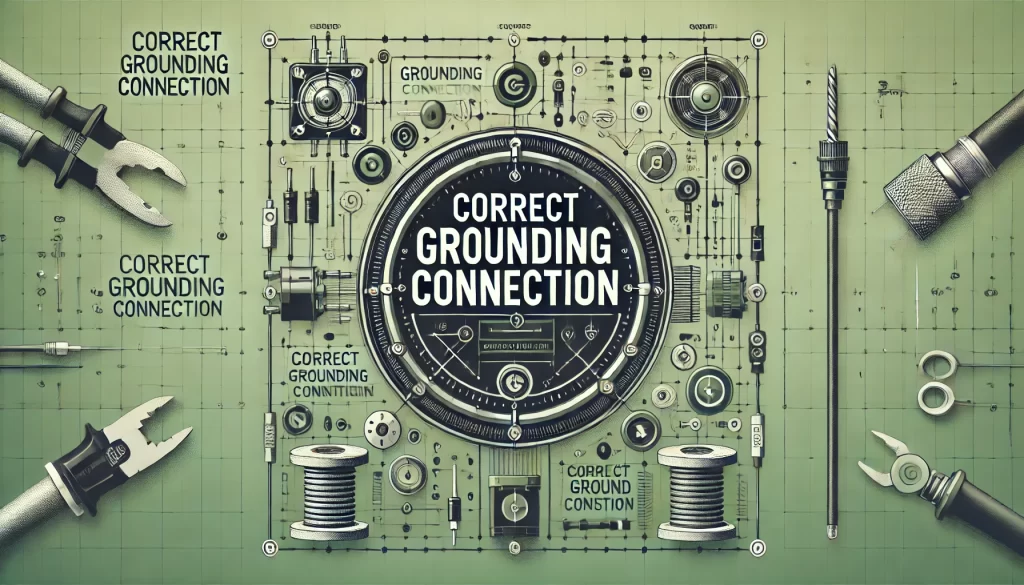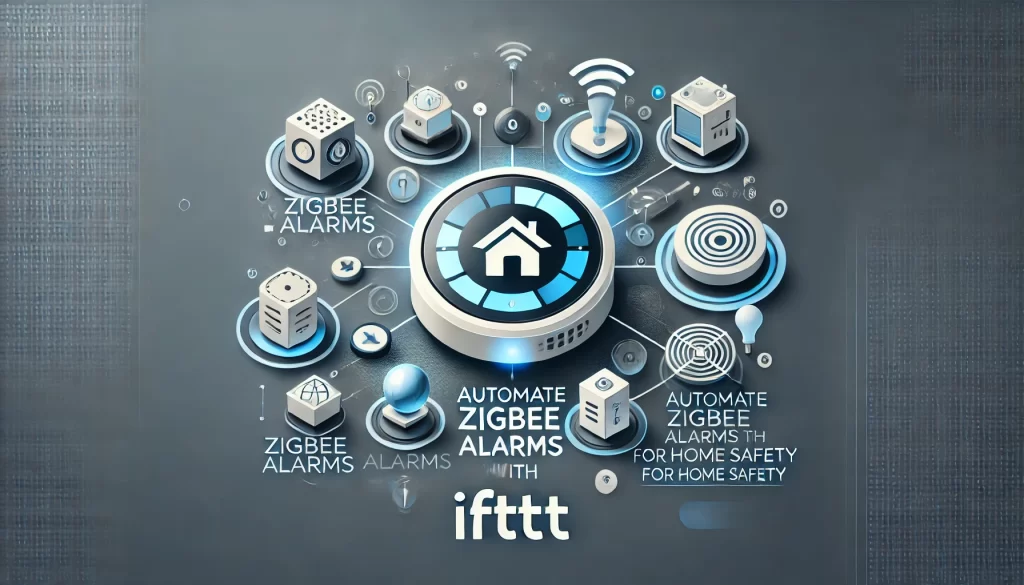Correct Grounding Connections in Residential Electrical Systems
Ensuring proper grounding connections in residential electrical systems is essential for safety. Here are important considerations and regulations regarding grounding cables:
Safety Considerations
- Electrical Safety:
- Grounding cables should not be exposed to prevent accidental contact. Although grounding wires typically do not carry current under normal conditions, they can carry fault current during a short circuit, posing a danger.
- Physical Damage:
- Exposed cables are more prone to physical damage, which can compromise their effectiveness and create safety hazards.
Code Compliance
- National Electrical Code (NEC):
- The NEC, widely adopted in the US, mandates that grounding conductors must be protected from physical damage and should not be exposed where accidental contact can occur. Grounding conductors should be installed using conduit or similar protective measures to ensure safety.
- Local Codes:
- Always check local building and electrical codes, as they may have additional or more specific requirements.
Installation Practices
- Insulation and Conduit:
- Grounding conductors should be insulated or covered with a protective conduit to prevent accidental contact. This is particularly important in areas accessible to residents or where physical damage is possible.
- Connection Points:
- At grounding terminals or grounding buses, connections should be secure. Any exposed portions of the grounding conductor should be minimal and properly shielded.
Exposed Bare Grounding Wires
- In Junction Boxes:
- Inside electrical junction boxes, grounding wires are often bare but should be properly secured and not excessively exposed outside the box.
- In Service Panels:
- In service panels, grounding wires might also be bare but should be correctly routed and secured to avoid accidental contact.
Summary
Exposing a stripped grounding cable to human touch is generally not advisable and is often prohibited by electrical codes. Grounding conductors should be properly insulated and protected to ensure safety and compliance with relevant codes. Always consult a licensed electrician or refer to the NEC and local electrical codes for proper installation and safety.



